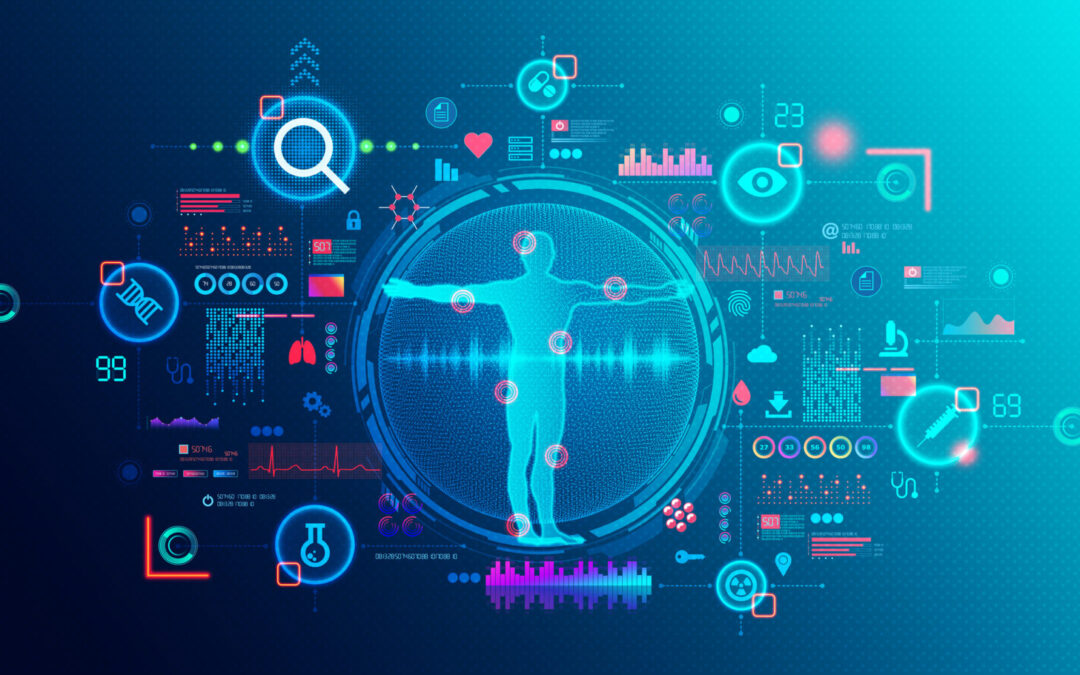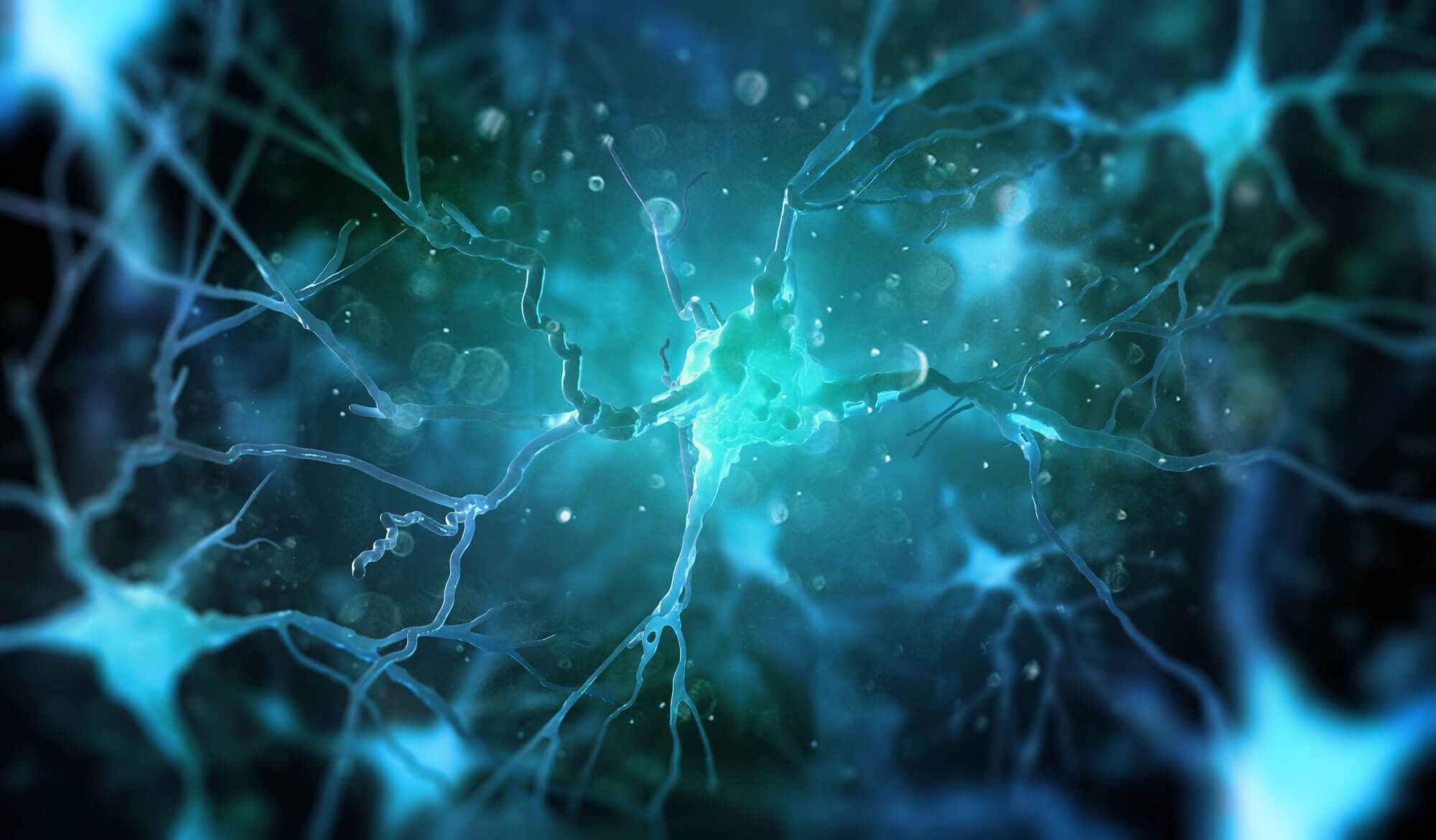Dogs that eat only once a day seem to retain their cognitive abilities longer and generally have better health status


Dogs that eat only once a day seem to retain their cognitive abilities longer and generally have better health status

The reasons why women have a greater need for sleep than men lie in certain aspects of biology, but are also cultural and social

An advanced check-up of physical health status and cognitive performance, and risk factors for aging-related diseases. With an individualized program aimed at slowing biological age

Those taking higher doses of magnesium have, on average, a higher gray mass volume and fewer white matter lesions. However, further studies will be needed to confirm these results

Vascular problems and oxidative stress underlie the decline in cognitive performance associated with aging, and may contribute to the development of dementia and Alzheimer’s disease. But action can be taken to reduce risks

“Longevity proteins” are now the focus of numerous studies that are investigating their possible preventive role against neurodegenerative diseases

SoLongevity research has developed a patented, clinically tested formula that can rebalance the Redox status and reduce inflammation, with the aim of preventing age-related decline in cognitive ability.

The new coronavirus has been shown to have neurological and neuropsychiatric effects even in the long term. These mechanisms and the hypothesis that inflammation predisposes to the development of neurodegenerative diseases, such as Alzheimer’s and Parkinson’s, are being investigated.

Called TET 1 seems to be essential to ensure the formation of new connections between neurons. A study from the Graduate Center of New York shows that as we age, its production declines. The next step is to try to stop this phenomenon.

It only takes 15 minutes of intense physical activity to improve procedural memory. The study, published in Scientific Reports, offers new ideas for the development of strategies for the prevention of neurodegenerative diseases.

The age, which depends on the date of birth, does not necessarily coincide with the real ageing of our organism, i.e. the biological age. Which can be measured with the Biological Age Score, slow it down and sometimes take it back, without resorting to drugs.

Using artificial intelligence and Eeg performed in sleep, a team of researchers has developed a new test to estimate the biological age of the brain and predict the risk of dementia.

Even the brain gets old. The loss of cognitive ability is linked to neurobiological changes, such as the thinning of the cerebral cortex. Today it is possible to measure this process and intervene both to slow it down and to recover what has been lost.